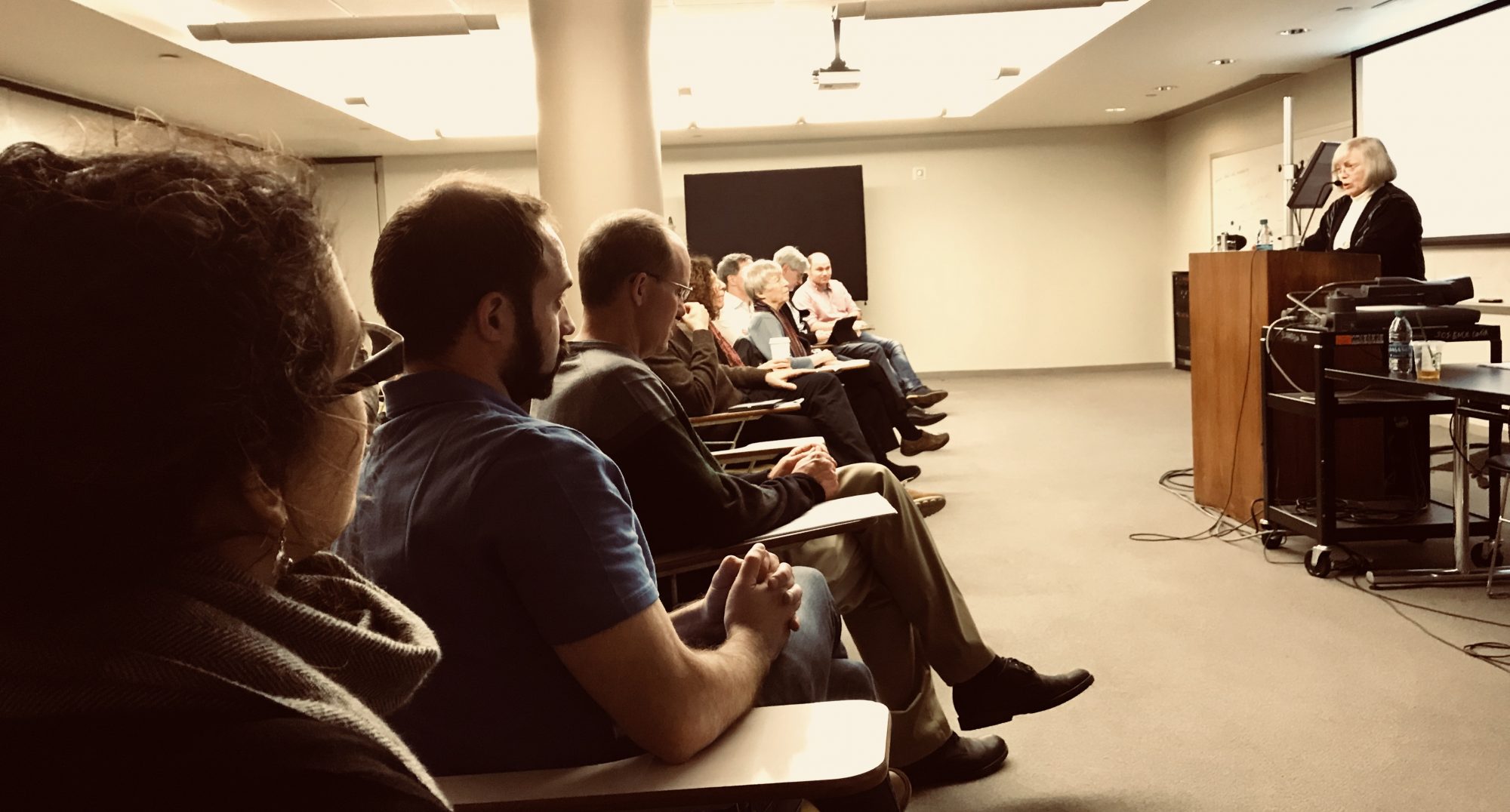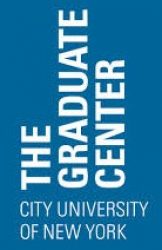RACHEL HEIMAN, The New School
February 28, 2020 4:15 – 6:15 pm in room C415A (one floor below the Lobby) Ph.D. Program in Anthropology | The Graduate Center, CUNY
SUSTAINABLE SUBURBANISM IN THE AMERICAN WEST: an unlikely convergence of Mining, Mormon, and Planning Practice
ABSTRACT: This talk draws on four summers of fieldwork in an unlikely site for the production of environmental subjects and expertise: a massive master-planned community in Utah spearheaded by one the largest mining conglomerates in the world and developed with equal parts attention to sustainable suburbanism and values of Latter-day Saints (Mormons). Now 16 years into an anticipated 30-year build out on remediated mining lands, the suburb in which the project is located is one of the fastest growing U.S. cities and has become an object lesson in sustainable development in politically conservative areas of the American West, including for its award-wining advanced stormwater retention system that integrates landscape architecture, infrastructural design, and earthquake preparedness. My research sheds light on the generative power of diverse temporalities and modes of legitimacy in this long-term build-out, as architects, mining officials, planning non-profits, builders, municipal workers, residents, marketers, master gardeners, and politicians negotiate aspirations for—and anxieties about—the material, social, aesthetic, and environmental future of the American suburb.




